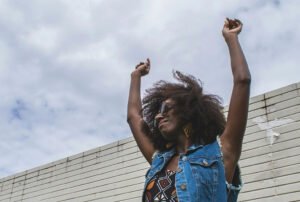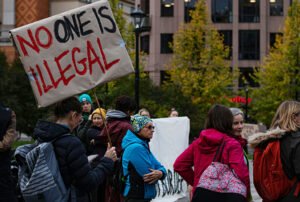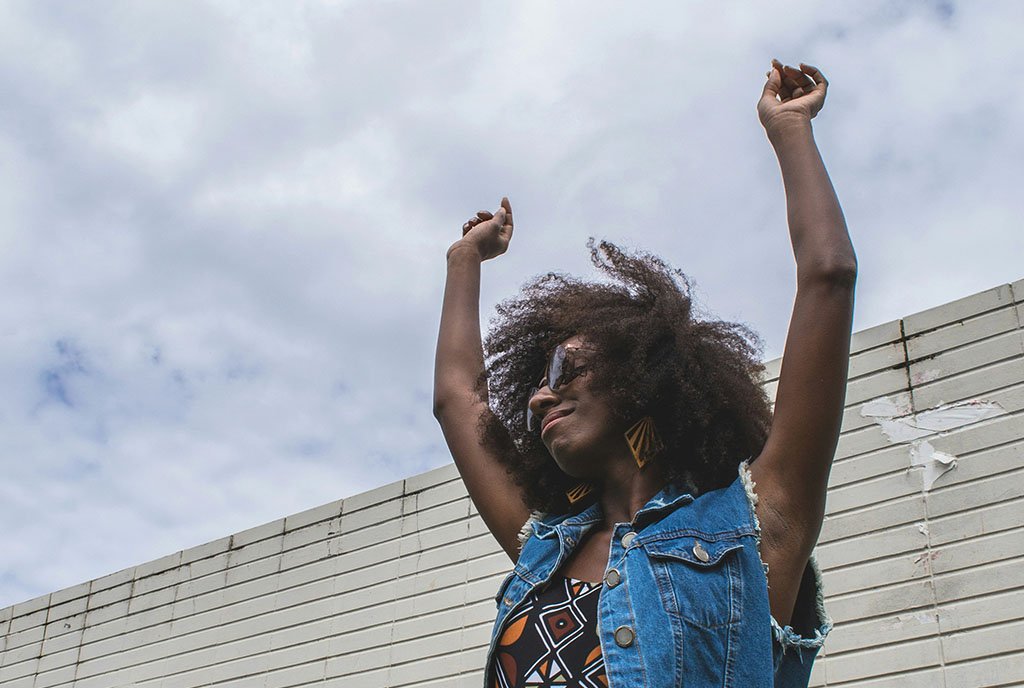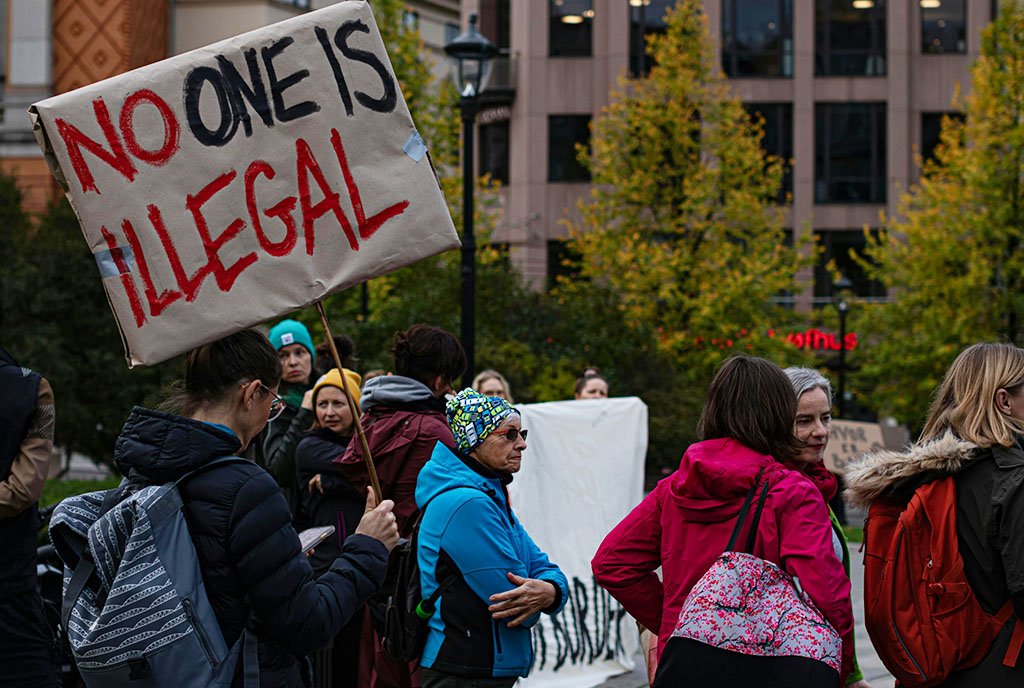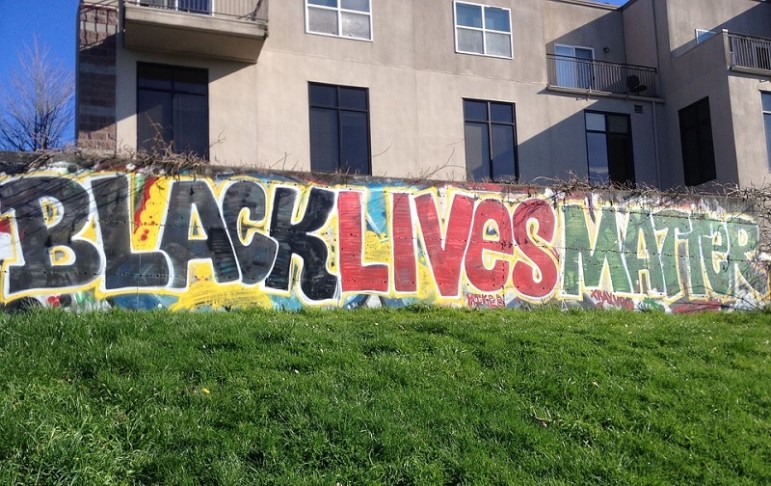
February 18, 2016; The Hill
Aislinn Pulley of Black Lives Matter Chicago respectfully declined to attend a meeting called by President Obama with Black civil rights leaders. The White House announced the meeting, which was to immediately precede a Black History Month reception, on Wednesday.
At the website Truth-Out, Aislinn Pulley wrote, “I do not feel that a handshake with the president is the best way for me to honor Black History Month or the Black freedom fighters whose labor laid the groundwork for the historic moment we are living in.”
Besides Pulley, the invitees included Campaign Zero co-founders DeRay Mckesson and Brittany Packnett, Rep. John Lewis (D-GA), NAACP President Cornell William Brooks, the Rev. Al Sharpton, and National Bar Association President Benjamin Crump.
A senior administration official said the agenda included criminal justice reform, community relationships with law enforcement, and Obama’s priorities in his final year in office.
Sign up for our free newsletters
Subscribe to NPQ's newsletters to have our top stories delivered directly to your inbox.
By signing up, you agree to our privacy policy and terms of use, and to receive messages from NPQ and our partners.
But Pulley thought the meeting was less than serious. “I respectfully declined the invitation to the White House to discuss criminal legal reform and to celebrate Black History Month,” Pulley wrote, adding that she assumed the meeting was intended to bring about a “genuine exchange on the matters facing millions of Black and Brown people in the United States.” However, what was on offer was “basically a photo opportunity and a 90-second sound bite for the president.”
I could not, with any integrity, participate in such a sham that would only serve to legitimize the false narrative that the government is working to end police brutality and the institutional racism that fuels it.
As noted, Brittany Packnett, also from Black Lives Matter, did attend, sitting on one side of the president while John Lewis sat on the other. Packnett served on the President’s Task Force on 21st Century Policing.
“We had a conversation that lasted over 90 minutes,” she told Time. “The president actually extended himself because he wanted to continue the conversation. We had a lot of opportunity to elevate various strategies that are happening on the ground as far as criminal justice reform, working on police violence, and systemic educational inequities.”
Packnett made reference to the decentralization of the Black Lives Matter movement, which provides flexibility among those affiliated to use their voices in different ways.
“We can utilize so many tactics. Protest is incredibly important. Policy is incredibly important,” Packnett said. “It was important that there were real protesters in the room today and that this White House has continued to engage with protestors and activists across the country.”



